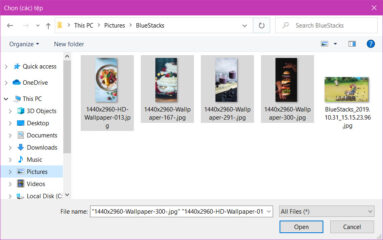

“I definitely see where they are coming from with getting rid of it from the platforms at the same time, though. Hunter says he is neutral, seeing both sides to it being a positive and a negative. “How many other apps are selling our data without us knowing? There are already so many lawsuits out there selling our data without our permission, so what makes this any different?” he said. “Right before class started, I was hooked up to my USF Wi-Fi and noticed that my feed wasn’t working,” he said. “Considering I was in political science, I get a lot of politics and current events on my TikTok feed so you can dive deep into what’s going on in the world,” he said.Īfter DeSantis signed the bill Monday, Hunter lost access to TikTok at the Sarasota-Manatee USF campus where he studies, even though he was connected to the school’s Wi-Fi. He says the app was a useful educational tool for him. Hunter just graduated over the weekend from the University of South Florida. And at the same time they can learn different things,” he said. “Well, for us, it’s a way to get news, so when we go to TikTok we see what’s going on in the world unfiltered, and I think a lot of people can relate to that. Within seconds of opening the app, he has access to an unlimited amount of information and videos at his fingertips. “It’s a montage of my life - just what the day is bringing about and kind of just everything that I find interesting,” he said. Whether it’s scrolling through videos, or making one of his own. University students who scroll thorugh TikTok while on the school's Wi-Fi say nothing shows up on the screen.The goal is to protect users’ personal information.

Ron DeSantis signed a bill banning TikTok from universities and government servers on Monday


 0 kommentar(er)
0 kommentar(er)
